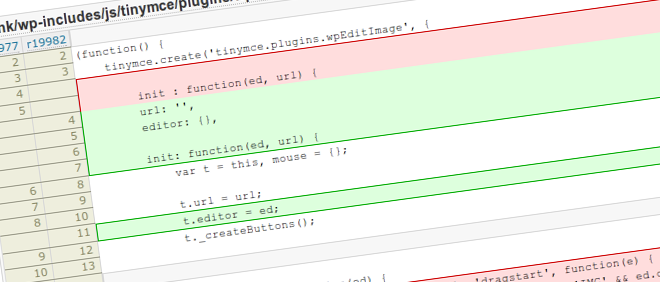Getting error feedback from `wp_mail`
Have you ever had to debug WordPress email problems, like mail not being sent, without any apparent reason? The wp_mail function is usually used to send emails from within WordPress code. This is a pluggable function and, thus, resides in wp-includes/pluggable.php.
Its default behavior prevents it from returning anything but false when sending fails for one reason or another. And that often times poses a problem when trying to debug wp_mail issues.









